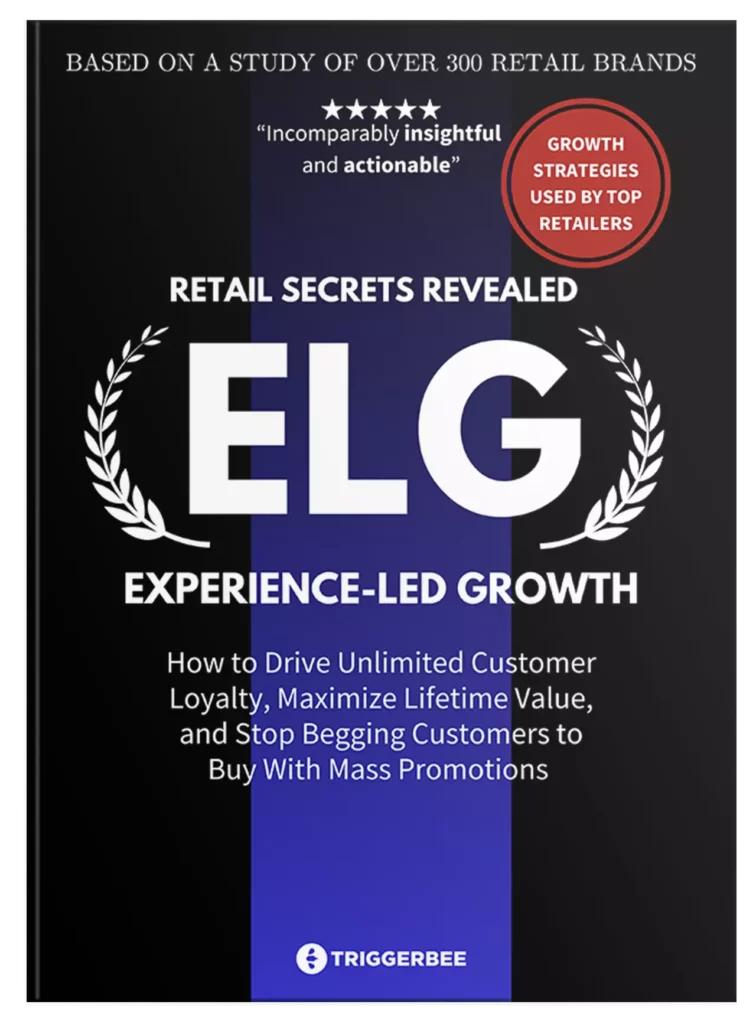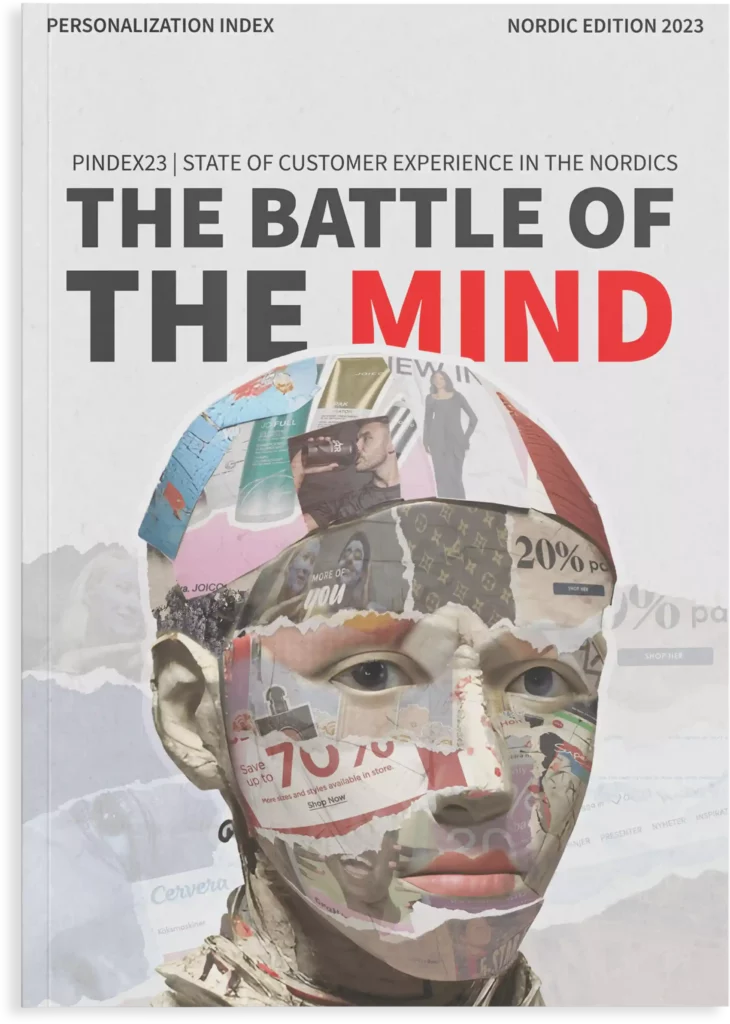E-mail is one of the most effective marketing channels you can use, and the statistics back this up.
And in this post, you’re going to learn exactly how to use email marketing to sell your stuff.
First, we’re going to give you a competitive edge. We’ll study the psychology behind what makes people click and buy.
Then, we’ll talk about the tactics:
- The ONE thing you can add to a landing page to instantly increases CTR by 17%
- The secret to making people say “Yes” to almost any offer (hint: it’s not what you think)
- A 6-word phrase that removes any doubt from your prospects mind, and in what situations to use it.
Are you ready? Let’s dive in.
Tap into people’s emotions
Emotions guide nearly every part of our lives.
It’s our northern light, our inner compass for when we are in doubt.
Emotions are also what drive us to spend money.
We rarely buy anything based on facts and rational decisions.
We buy stuff because we want to!
Experts in the field even suggest that over 95% of buying decisions are made unconsciously. This is where marketing psychology kicks in. if we had to choose between two identical products from two different brands, we would buy the one with the most emotional appeal.
This means if we had to choose between two identical products from two different brands, we would buy the one with the most emotional appeal.
In fact, Martin Lindstrom who wrote “Buyology“, conducted a study where he found the following:
“Brands and products that evoke our emotions, like Apple, Coca-Cola or Nivea, always win.”
But which emotions should you try to tap into, to trigger that instant “SHUT UP AND TAKE MY MONEY” reaction?
To find out, we’ll look at what Nancy Harhut discussed when she was on stage.
According to her, you should…
Start with Urgency or Scarcity
What would you do if you visited a store to purchase a specific item, only to find out upon arrival… there’s only 1 item left, and you can see it standing there on the shelf?
I don’t know about you, but I would reach out and grab that thing faster than a frog can swat a fly, and then proceed to give myself a mental high five.
That’s the power of urgency.
Here’s what Sarah Jamieson from Persuasionworks, says about urgency:
“If something is only available in limited quantities or for a limited time, we make a mental shortcut and assume it is more valuable and of higher quality – because it’s harder to get.”
Here are a few ways you can use urgency in your own strategy:
- Set an expiration date for your offer
- Limit the quantity of your product
- Make an “Email only”-offer (or “Only for Facebook users”-offer)
- Add a countdown clock
Urgency also works GREAT when you’re generating leads.
For example, if you add a countdown clock to your landing pages, you could increase the CTR by 17%.
You could also use it to collect leads, like this:
If you have a limited offer, try to include your expiration date in the email subject line.
Over 33% open their emails based on the subject line alone, so make sure to write a headline that taps into the interests of your subscribers.
However, the subject line only tells you what the email is about, and by itself might not be compelling enough to get someone to open it.
Then what will?
The “From” line.
What does this tell us?
People want to hear from other people.
Our suggestion is that you use your full name, or at least your first name when you send out email campaigns.
This will make your emails more trustworthy, and when someone trusts you, it’s easier for them to say “Yes” to your offer.
This brings us to the next point…
Make someone feel special (Exclusivity)
This builds upon the principle of exclusivity.
We are more easily persuaded by information and offers that are exclusive to us, personally.
Spotify is a great example of this.
During their release campaign here in Sweden, you had to give away your email address in return for an exclusive invitation to try out the new music streaming app.
Also, every user that got free access to Spotify received 5 invites of their own to give away. This created some much-needed virality and made people feel special.
Here’s how you can use it in your own marketing:
- Use exclusive offers in your subject lines:
- “You can be one of the first to try X”
- “You are selected because of your expertise”
- Only make your offer available through an invitation
- Use words like “Sneak peak” or “Secret” in your headlines or body copy
To make an exclusive offer work effectively requires some additional planning, but it’s worth the extra effort.
Even if exclusivity and urgency can be powerful on their own, nothing compares to the results you’ll get if you…
Use Social Proof
Let’s say you’re looking for a new summer jacket, but unsure which to buy.
You might consult a friend, your partner, or your parents for advice, but something else which might affect your decision is what everyone else likes… Right?
People naturally trust people more than businesses.
When in doubt, we tend to do what everyone else does. You can see this in marketing campaigns everywhere, across all industries.
Despite what you think of Donald Trump, he and his team utilized the power of social proof during his campaign.
With the help of social proof, we can remove most doubt from our prospects minds and gain instant credibility.
Nancy Harhut shared an example with a 6-word phrase that I found very interesting:
“This is what everyone else bought”
It works because we have always looked to our friends for advice, so it’s natural for us to check out what others have done.
Conclusion
The most persuasive emails consist of a lot of small and subtle things, executed masterfully.
When it comes to email marketing, the relationship you have with your subscribers or customers is the most important thing.
If your subscribers don’t trust the email sender, they won’t buy anything no matter what tactics you attempt to use.
Here are the biggest takeaways:
- Connect with people on an emotional level
- Use persuasion tactics to improve results
- Make people feel special
- Add a countdown timer to urge quicker decisions
- People won’t buy anything if they’re not first interested, no matter what.
- You can create demand, but not a basic need.

